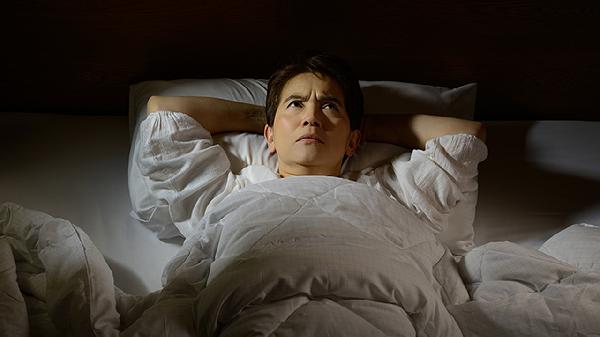If you’ve been feeling like life is just heavier these days—like the world’s weight is pressing down a little harder—you’re not imagining it. An 84-year-old psychologist actually saw this coming decades ago, and their predictions about society’s downward spiral are eerily accurate. Turns out, the modern grind isn’t just exhausting—it’s engineered to drain us.

The Psychologist Who Saw It All Coming
Back in the late 20th century, while most people were jazzed about the rise of technology and convenience, this psychologist warned that progress had a dark side. They predicted that as society became more connected, people would feel more isolated. That as work became more efficient, burnout would skyrocket. And as entertainment became endless, genuine joy would dwindle. Fast-forward to today, and… well, yikes.
Why Modern Life Feels Like a Never-Ending Monday
We’ve got more stuff, more options, and more ways to communicate than ever before—so why does it all feel so empty? A few key reasons:
The Comparison Trap
Social media turned life into a highlight reel where everyone else seems to be winning. Even when we know it’s curated, our brains still whisper, "Why isn’t your life that cool?"
The Hustle Culture Hangover
Work isn’t just work anymore—it’s a personality trait. The pressure to always be "on," grinding, and optimizing every second has turned relaxation into a guilty pleasure.
The Loneliness Epidemic
We’re texting instead of talking, scrolling instead of socializing. Digital connections don’t fill the same emotional tank as face-to-face time, leaving us feeling weirdly alone in a crowd.
What the 84-Year-Old Psychologist Got Right
Their biggest warning? That society would mistake busy for meaningful. We’d chase productivity like it’s the meaning of life, only to realize too late that we forgot to actually live. They also nailed how convenience would backfire—yes, you can get anything delivered in 10 minutes, but the loss of small, human interactions (like chatting with a cashier) chips away at our sense of community.
How to Push Back Against the Gloom
It’s not all doom and gloom, though. The same psychologist offered a lifeline: reconnect with what actually matters. That means:
At the end of the day, the cure for modern melancholy isn’t another self-help hack—it’s stepping off the treadmill society built for us. And hey, if an 84-year-old saw this mess coming, maybe they’ve got the wisdom to help us fix it, too.
























